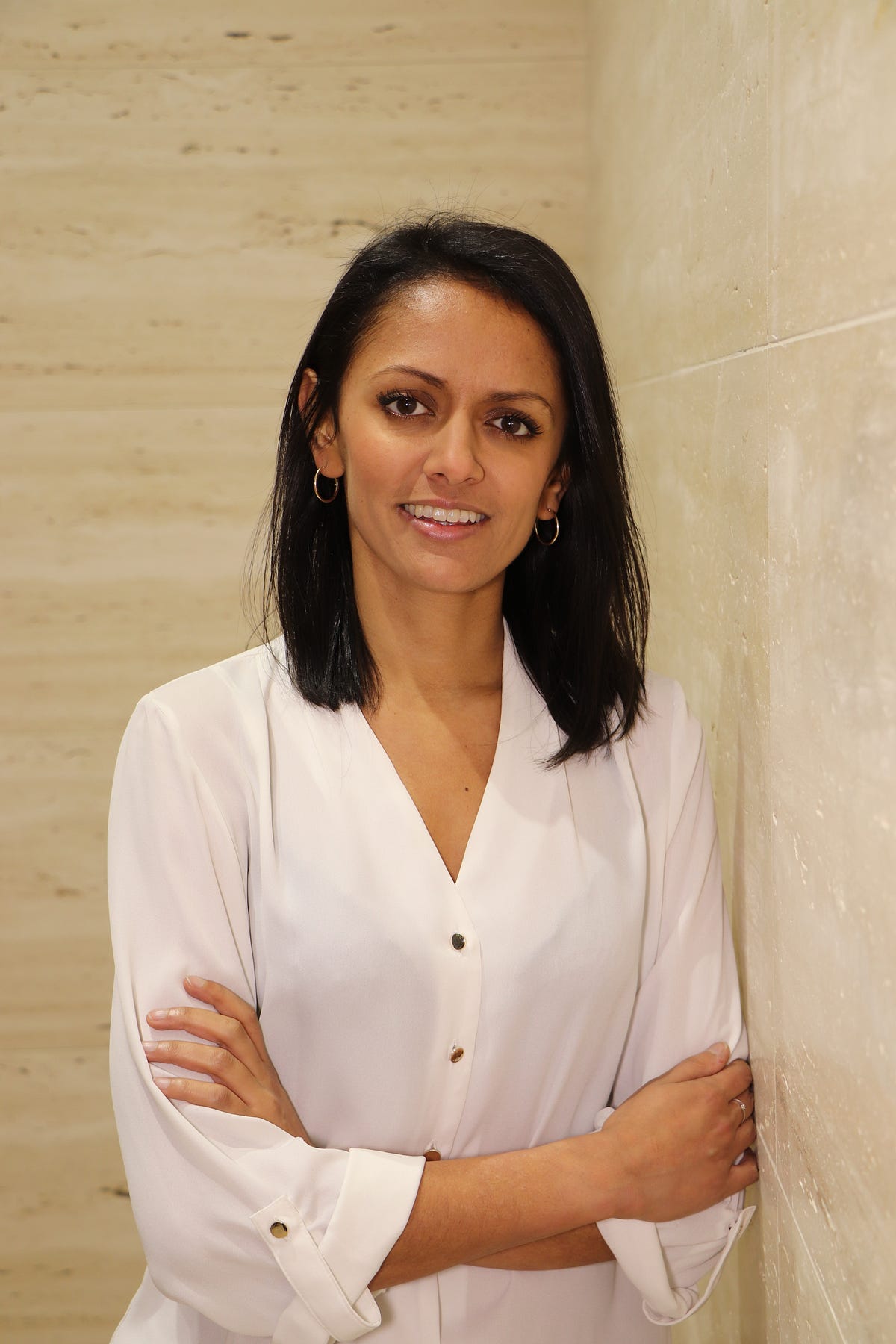This is the nineteenth in our “8 Questions” series — in which we sit down with founders in the Playfair portfolio who share their entrepreneurial journey.
We first invested in Vinehealth, a global oncology platform combining behavioural science and AI to deliver scalable personalised care and resarch, in 2019. Since then, the company has built a internationally scalable platform, received regulatory approval, worked with some of the world’s leading hospitals to support cancer patients and signed commercial deals with tier 1 pharma companies across multiple product lines.
Today, we sit down with co-founder and CEO, Rayna Patel, to hear her story from the beginnings of Vinehealth. We hope this can help other founders and aspirational entrepreneurs in their own ventures.
My career ambitions have always been what the tech sector would call ‘mission-driven’. At first, that manifested in becoming a doctor, but experiencing the inefficiencies and frustration of ‘what could be’ in healthcare inspired me to want to change things for the better and I felt very motivated by the potential to do this at scale. I believe wholeheartedly that technology has a core role to play in transforming our healthcare systems to become sustainable, effective and patient-centric, and to me that makes this job incredibly exciting and fulfilling.
On a personal level, I love problem solving, being scrappy and relish finding creative ways to do things differently so the day-to-day job of being a founder exactly suits the way I like to operate.
For me, the roots of Vinehealth were started in my time at the Cabinet Office’s Behavioural Insights Team. As part of the Ventures team, operationalising behavioural science into scalable technology, I got the bug for building tech and had the opportunity to combine this with my passion for behavioural science.
Vinehealth began in earnest when I met Georgina at Entrepreneur First and we realised we’d seen the same problem from two angles. I’d experienced the impact of lack of patient-reported data on clinical care and, as a data scientist building AI-driven health tech, Georgina had put this into practice; using algorithms to accurately predict patient progression and outcomes.
We both understood that the combination of our backgrounds and the timing in an industry context put us in a position to build something that could really change drug development and healthcare delivery for the better — it was a win-win-win for the patient, provider and pharma — which isn’t always the case with healthcare innovation.
Hiring is everything — the people you surround yourself with will be the major determinant of your ability to maximally capitalise on opportunities and ultimately your success or failure. Founders can’t be everything a business needs — it’s up to you to recognise this and ensure the gaps are filled.
Just after COVID appeared, we started working with NHS England and The Royal Marsden to deliver our technology to cancer patients being affected by the lack of physical contact mandated by the pandemic. It was an exciting and meaningful project for us but relatively small scale and UK-focussed. One afternoon, I got an email saying that Vinehealth was up in lights on the face of the NASDAQ building in Times Square in New York to recognise our work in Covid. It was a complete surprise to us and totally surreal at that early stage of the company.
Zooming out and focussing on the bigger picture; not just with respect to your company but on the market you operate in and the tech landscape as a whole. It’s been useful to learn from our investors how they harness this wider understanding to inform strategic decisions.
Communication; I’ve learnt a lot from many of our investors on how to make a complex story simple and having generalists on the cap table has been particularly helpful here.
Closing deals with some of the largest pharma companies in the world has been particularly satisfying, knowing that they’re funding work that will truly benefit patients and society. These large corporations rarely work with small partners so their decision to onboard us is an incredible achievement for our team and an important validation of our product-market fit in a huge and growing market.
Vinehealth will generate the world’s richest patient-reported dataset in oncology, enabling faster development of better treatments for a disease that 1 in 2 of us will experience.
In the immediate future, we’re expanding into the US, rapidly growing our pharma footprint and focussed on making the user experience a joy from start to finish. I’m very excited to see what our incredible team will achieve in 2023.
Ignore the stereotypes. Particularly as a female founder, it’s easy to see the typical mould of a venture-backed founder and not see yourself relating to it. There’s the pressure of the way fundraising is made to look and feel — an impression that you have to pull off an extreme level of hubris or you won’t be seen as ‘hungry’ enough. In my opinion, you shouldn’t need to be anything other than passionate about what you’re doing, determined to achieve it and have a true growth mindset, so if you want be a founder — go for it! (and do it your way).

